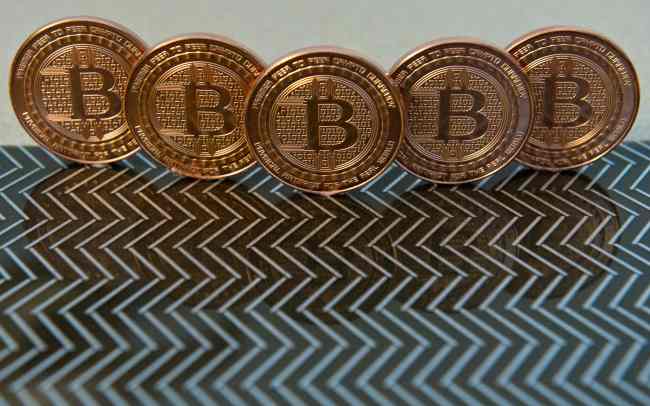South Korea‘s appellate court ordered Tuesday the seizure of 191 bitcoins, worth 2.4 billion won ($2.3 million), as of 11:15 a.m. earned by providing online pornography content, overturning a district court‘s rule in September 2017 that implied seizing cryptocurrency was unlawful.
This marked the first time that a Korean court of law saw virtual currencies encrypted on distributed ledgers as a valid means for profit-taking, thereby perceived as a target for confiscation, meaning the court acknowledged cryptocurrencies hold standard values.
 |
| (AFP) |
“Korean law stipulates that a seizable hidden asset ranges from cash, deposits, stocks, and other forms of tangible and intangible objects holding standard value,” read the court ruling Tuesday. “Bitcoin is intangible and comes in the form of digitized files, but it is traded on an exchange and can be used to buy goods. Therefore, receiving bitcoins is an act of taking profits.”
The high court in Suwon, Gyeonggi Province, ordered that 191 bitcoins and 700 million won ($654,000) of cash owned by a 33-year-old surnamed Ahn be confiscated. The currencies were found to have been used as a means of payment for watching pornography content.
The high court maintained 18 months of jail term of Ahn.
“(Ahn) received bitcoins by giving a certain bitcoin address to pornography watchers online,” the court ruling read. “Records stored in bitcoin proved that bitcoins sent to (Ahn) should be seen as profits online.”
This comes in contrast to the September district court in Suwon ruling that seizing bitcoins is inappropriate, citing their intangibility.
The seized bitcoins will be claimed by the government, but the further usage has yet to be confirmed.
Ahn was convicted of distributing 235,000 obscene online contents and taking illegal profits from viewers worth 1.9 billion won, for three years since December 2013. Ahn was arrested and indicted in May 2017 for violating the Act on the Protection of Children and Juveniles Against Sexual Abuse.
Prosecutors have sought to seize 216 bitcoins in April 2017, when the total value of them came to some 500 million won. 191 of them was recognized as payment for illegal online contents in Tuesday ruling.
By Ji-hyoung Son
(Korea Herald)



